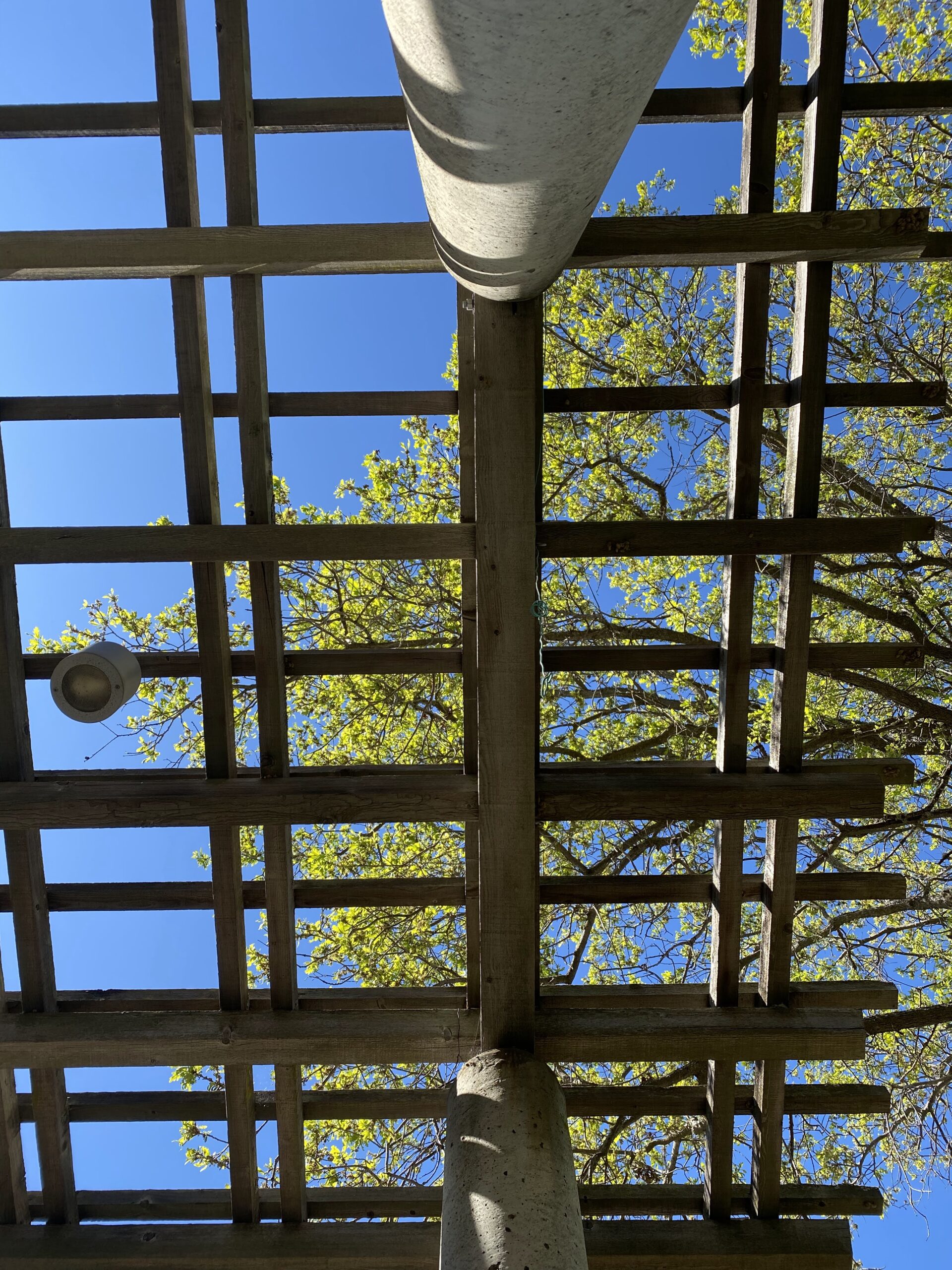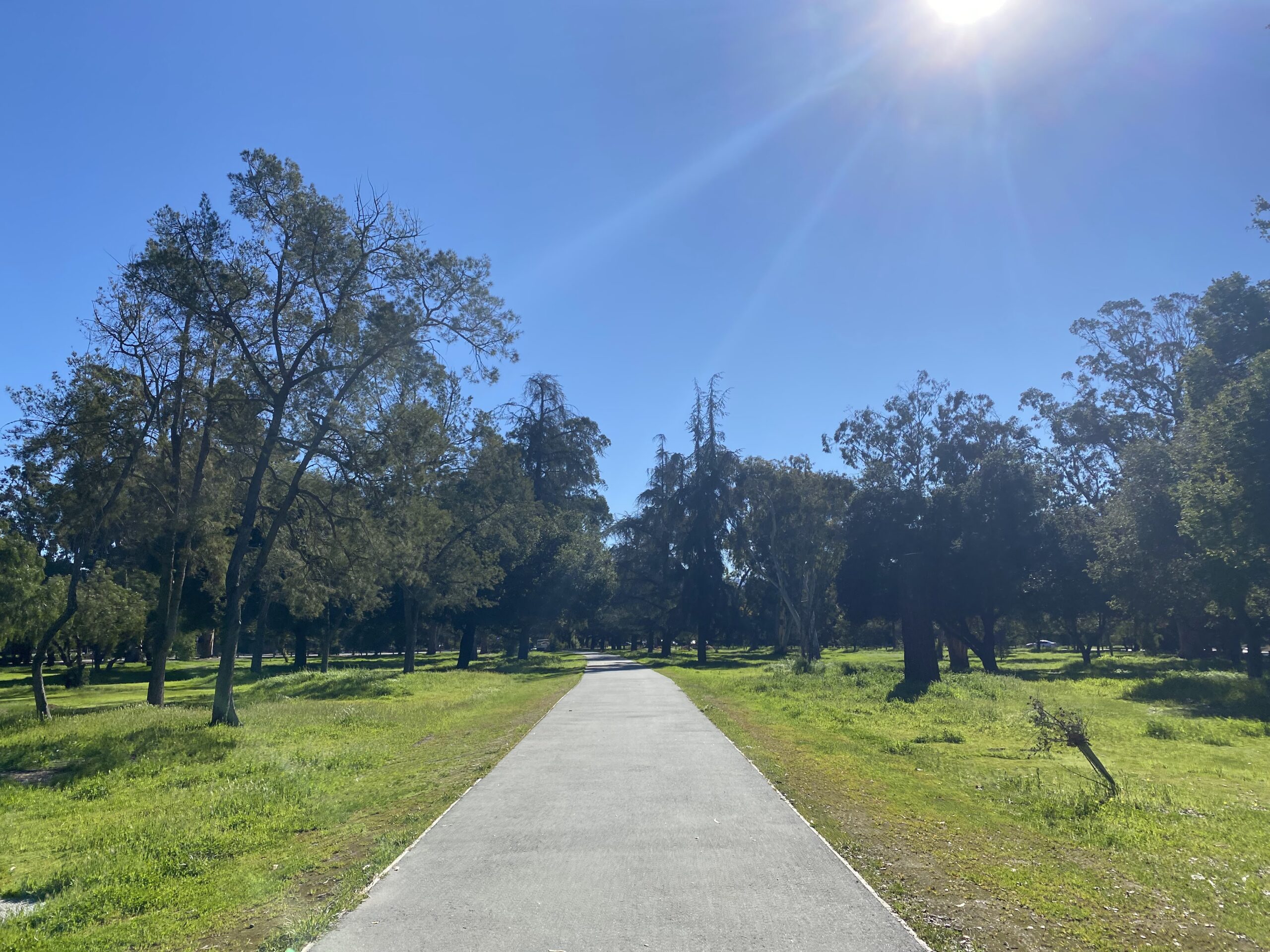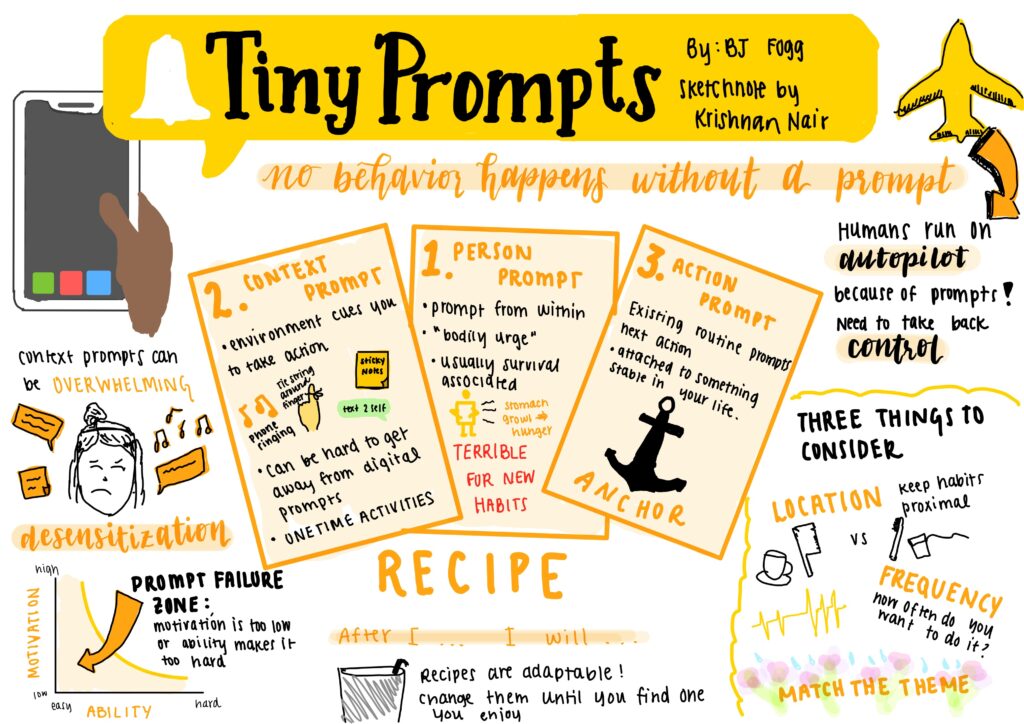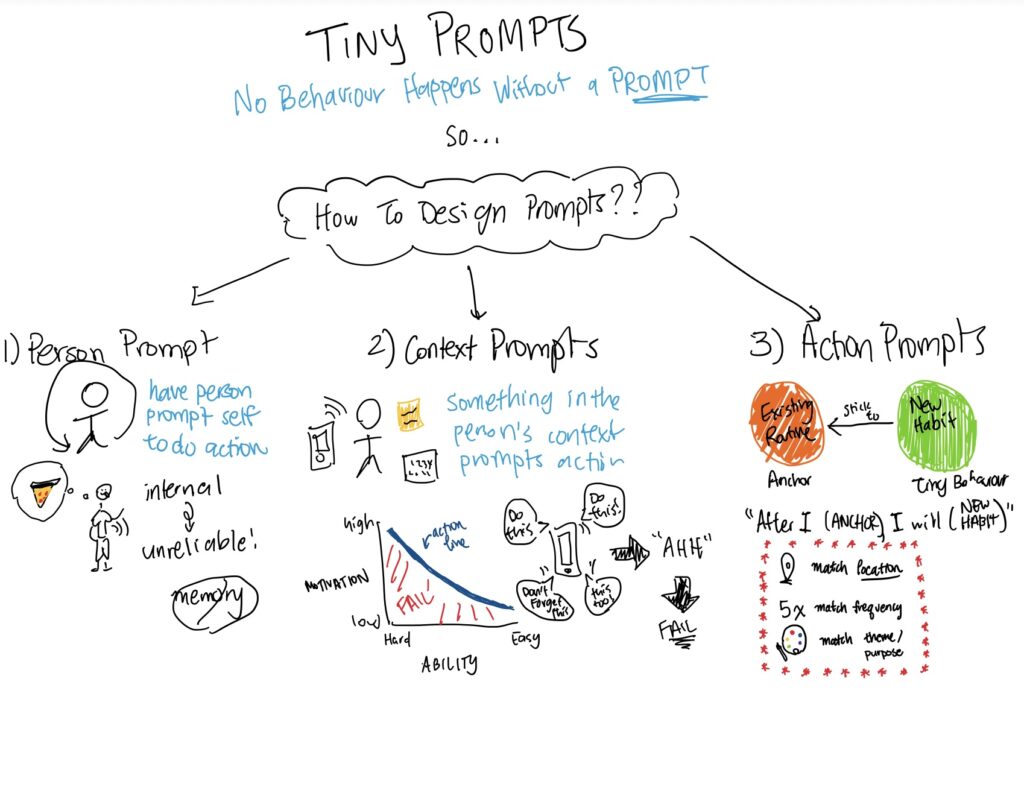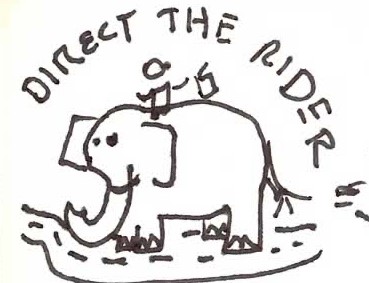I’ve always tended to limit myself creatively, both in my work and in my interests. I think I can link this to the activation energy that it takes–and yes, I know, it’s getting slightly annoying how often I’ve used this term throughout the quarter, but the amount of discussion that my group has had surrounding activation energy makes me see it everywhere now. Putting in that extra ounce of effort to instill what I do with a higher degree of creativity is a larger mental hurdle than it appears, and I rarely find myself making that leap. Two years ago, I decided to pursue the systems track, which I think somewhat speaks on my aversion of creativity. The class projects have been the same every single quarter for multiple years now, and the expectations are laid such that you have very little wiggle room in your code design. Turns out I ended up hating every single class I took in this track! Before CS 247B I was getting increasingly frustrated, both with what I was learning and with myself. Taking this class was my attempt to change what I take away from my Stanford academic experience before I graduate next quarter. I’ve had some design experience from internships I’ve taken, but this class gave me the opportunity to design with a completely different attitude and mindset. From small assignments like our sketch notes, to project components like the sticky note synthesis activities, I was pushed to think more creatively than I’ve had to in any previous class I’ve taken, and I feel incredibly accomplished as a result.
The big milestones in our project were the baseline and intervention studies, both because they helped guide our project and because they taught us how many of our previous convictions surrounding our project were wrong. The literature review was fun. My group members and I got to learn about an individual’s physiology and how going outside affects it. This activity helped us zoom out and get a holistic view of our problem space, and it spurred a lot of ideas and a lot of discussion regarding those ideas. We went into the baseline study pretty much expecting to completely prove our ideas, which ended up absolutely not being the case. I was left with more questions and uncertainty than I had ever expected from conversations regarding the issue of going outside more, which up to that point I figured was a relatively simple and well-researched issue. Our perspective was so zoomed out that everything seemed black and white. The studies reminded us that we are ideating and creating for real people with completely different attitudes and experiences, and zooming in showed us just how colorful and vast the problem space truly is.
What I have written so far has flowed pretty naturally–it feels like my stream of consciousness is flowing onto the document as I read each suggested question for the reflection. In reading the question, “What tools and methods do you think you’ll use again? What tools and methods didn’t feel like the right fit?“, the waters get a little choppy. Though I thoroughly enjoyed most activities that we completed in order to figure out and narrow down our solution, it’s difficult for me to bring one forward in my mind because of just how many there were. Whenever we would work on an exercise, I feel like I didn’t begin to understand what I was doing or, more importantly, why I was doing it, until the end of the activity, and before I could gather my thoughts and use what I had done to continue painting a mental image of our solution, we had to start the next activity. I felt a bit dazed around the jobs to be done portion of the class, and it was really difficult for me to see how everything pieced together. Now that I look back on the quarter I’m able to see those connections, but having more conversations that explained the purpose of each activity and the connections between the activities would have helped clear the fog.
The in-class ethical discussions about how they apply to our project ideas were very insightful. Our discussion of privacy was of particular importance to our project considering that we were combining the ethical responsibilities of a social application and a location-based application, and we wanted to ensure that our users’ safety was always a top priority. We ended up relying on making anything that could result in a privacy concern optional, such as optional public posts and optional sharing of location. However, given more time, I would have liked to explore other options that safeguarded our users’ privacy in a way that wouldn’t take away from the in-app experience. Other CS classes I’ve taken fail to consider ethics within the frame of the work that we produced throughout the quarter, so having done so in this class has better prepared me to consider ethical viewpoints from now on in my career.
Having finished this class, I feel like I am better prepared to apply myself creatively to the work I put forth. I learned how to think differently and how to frame issues, and I feel better equipped to solve issues with an ethical lens. I also learned the importance of dogfooding; after all, how could I, in good conscience, make a product encouraging people to interact with their outdoor environment without pushing myself to do the same? So, enjoy these photos that I took outside throughout the quarter (:
